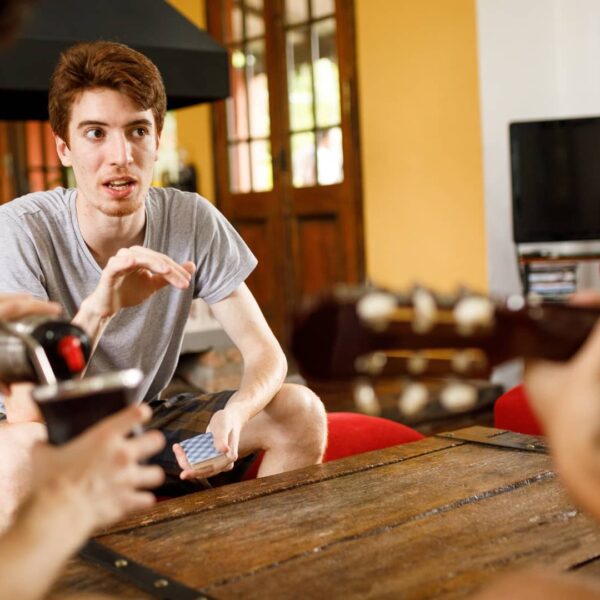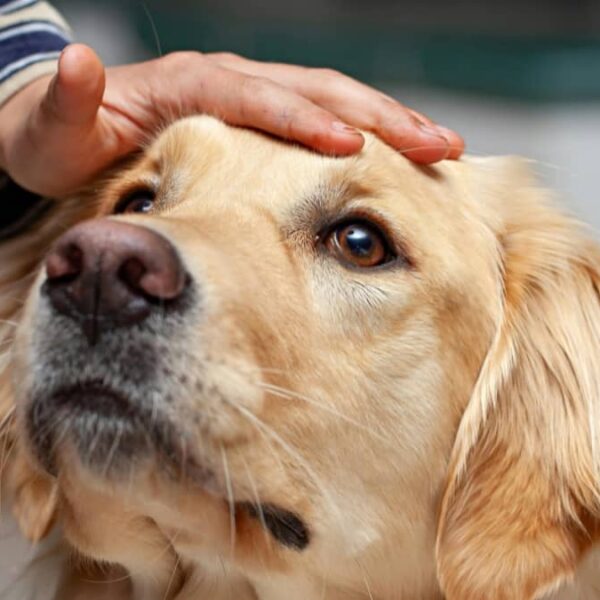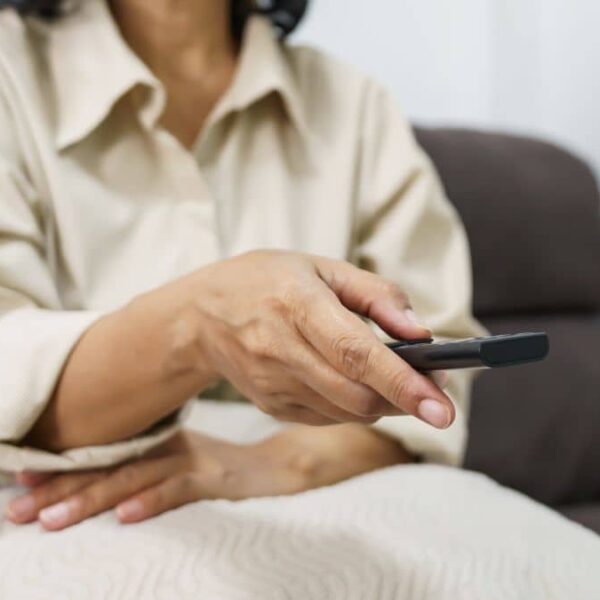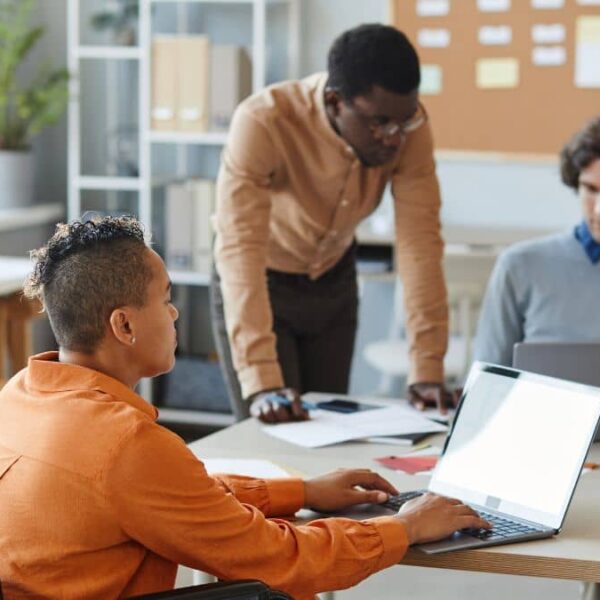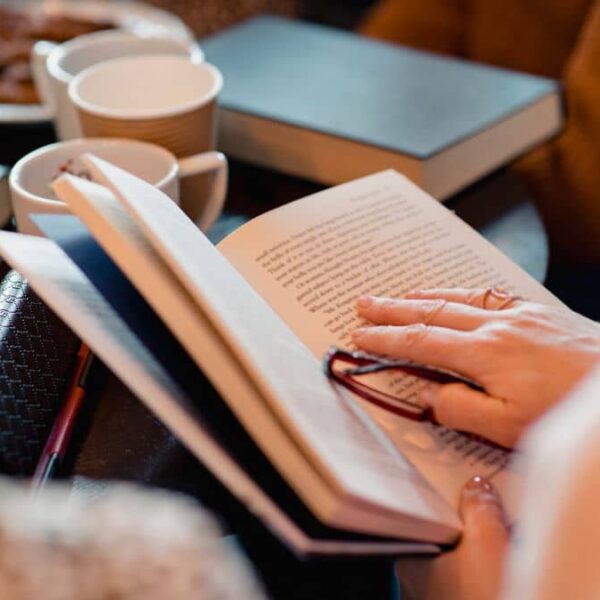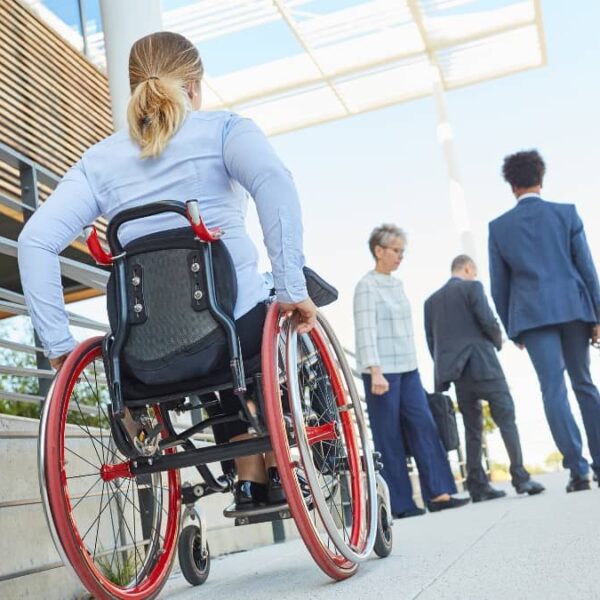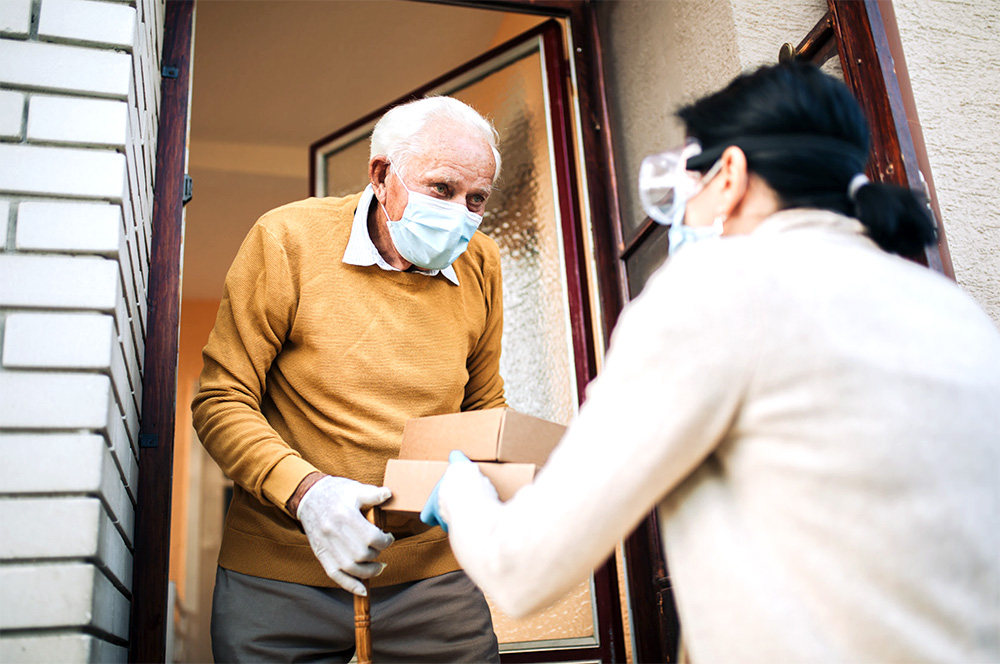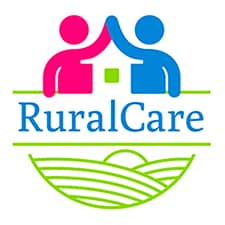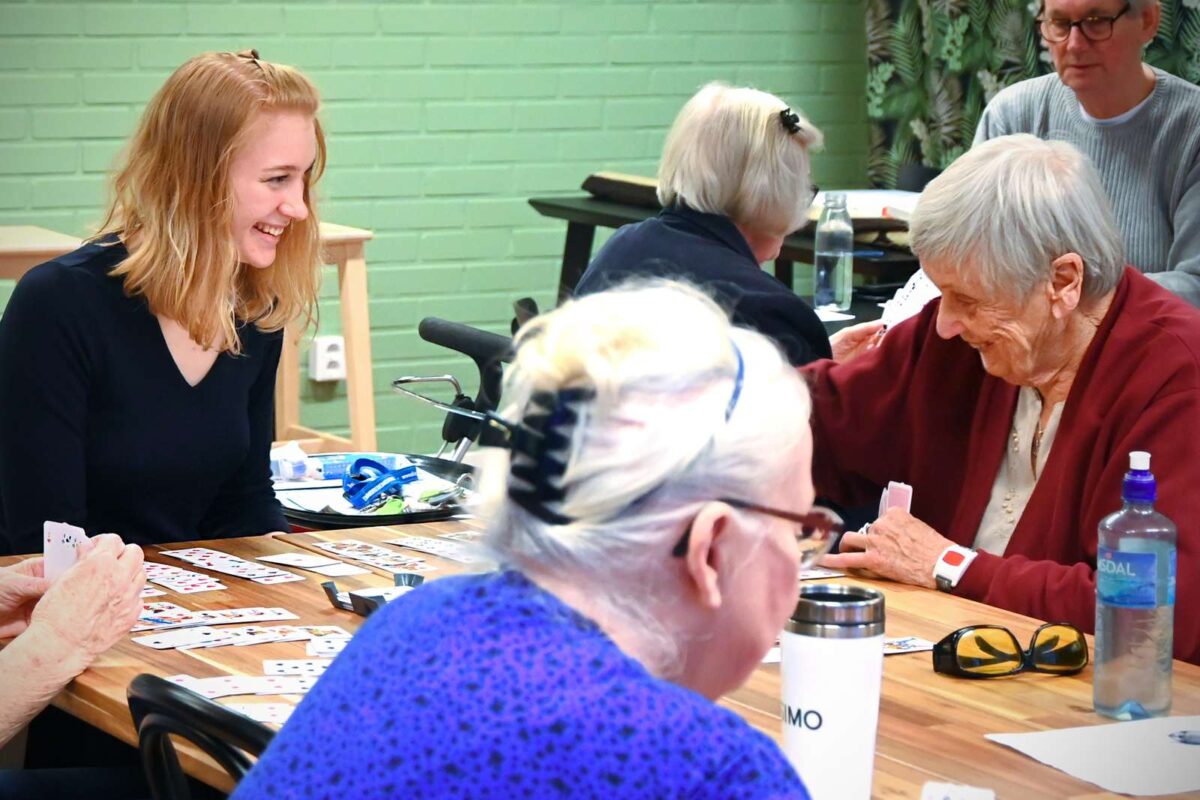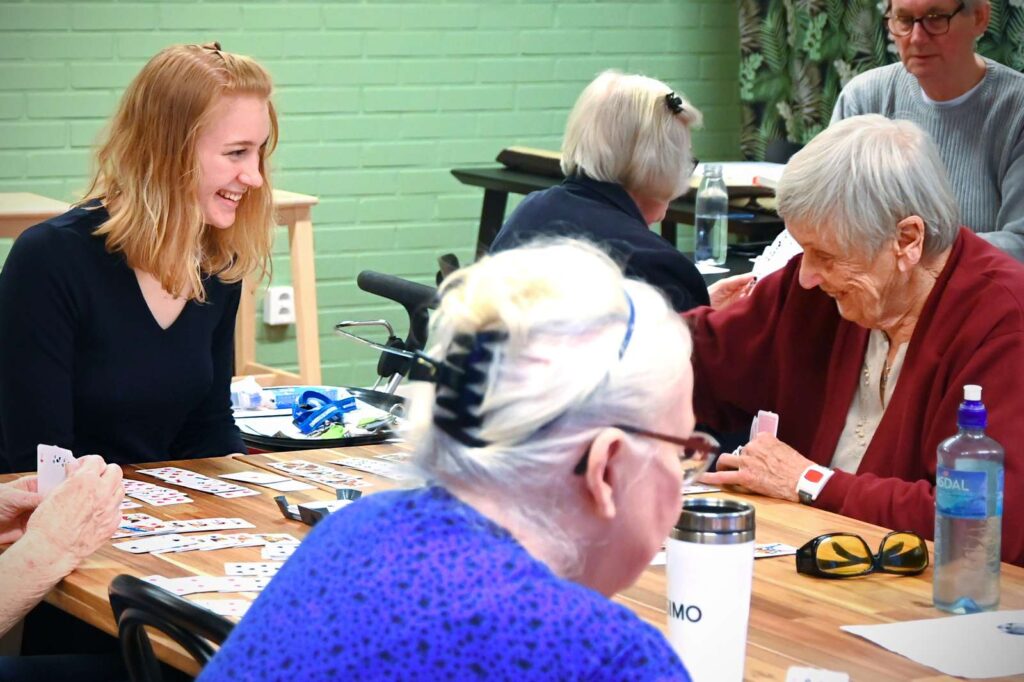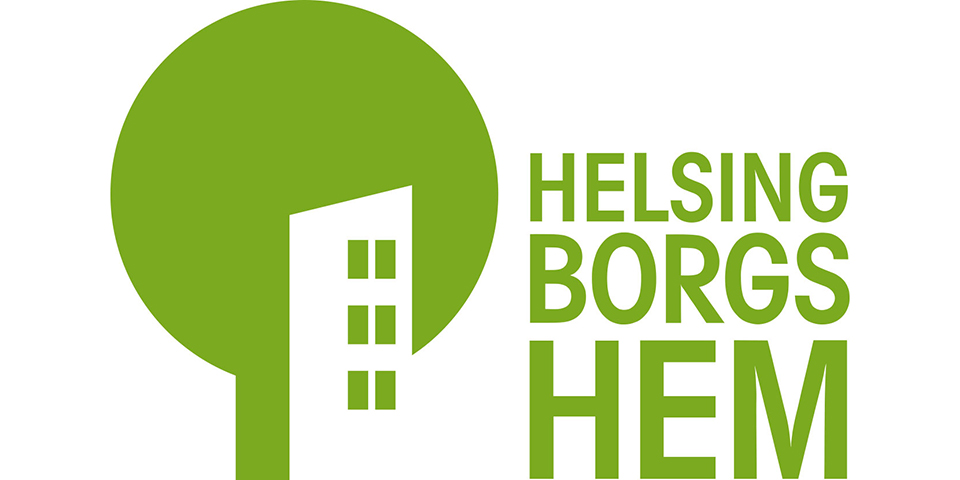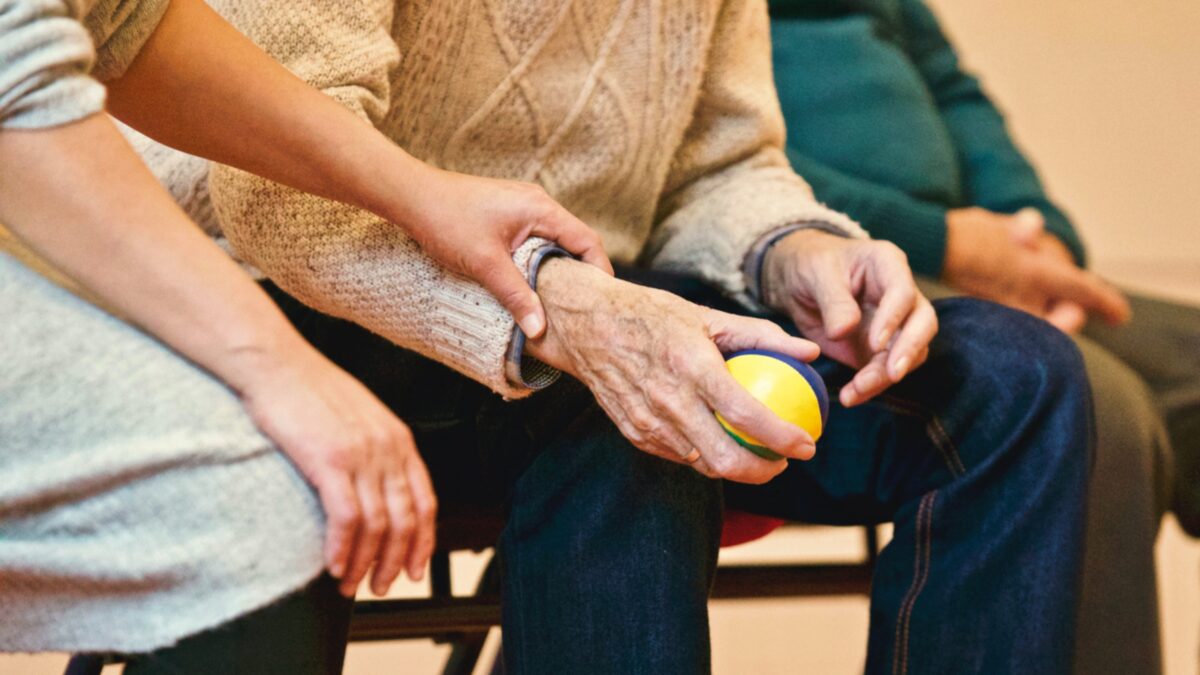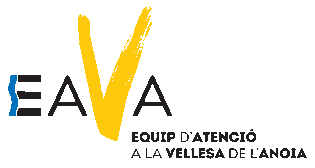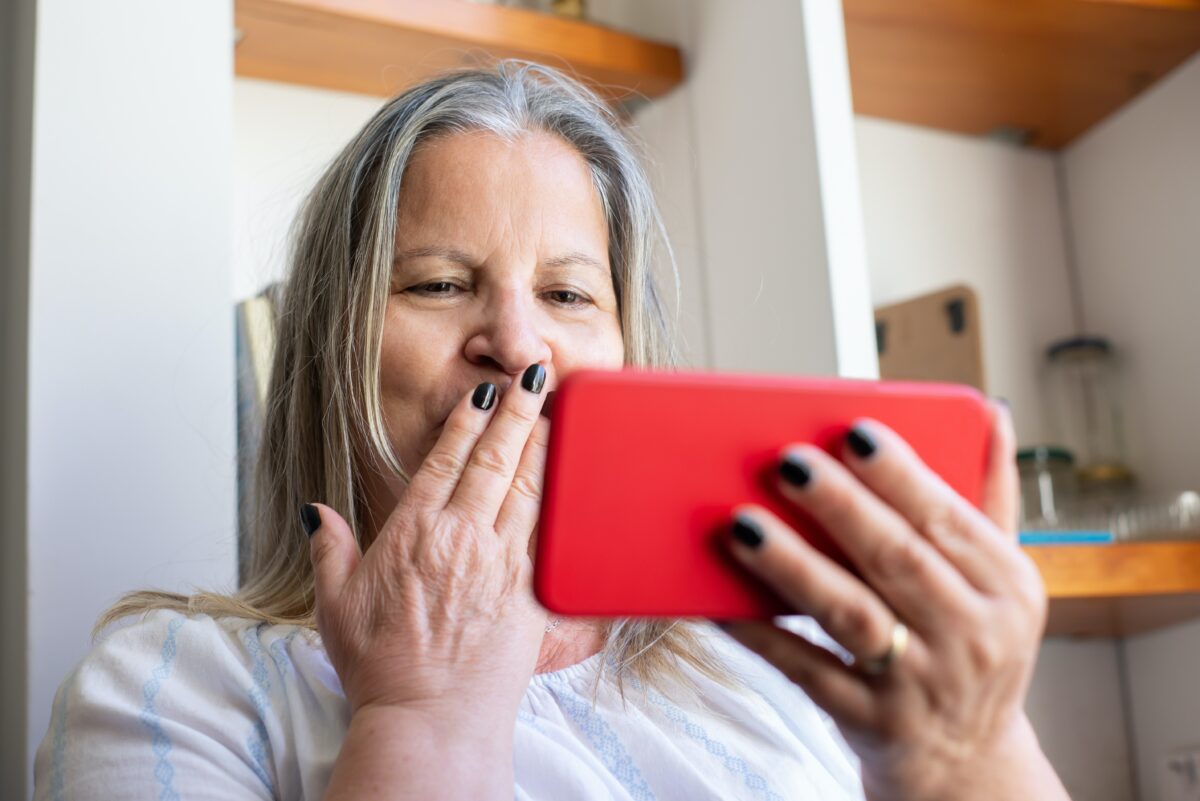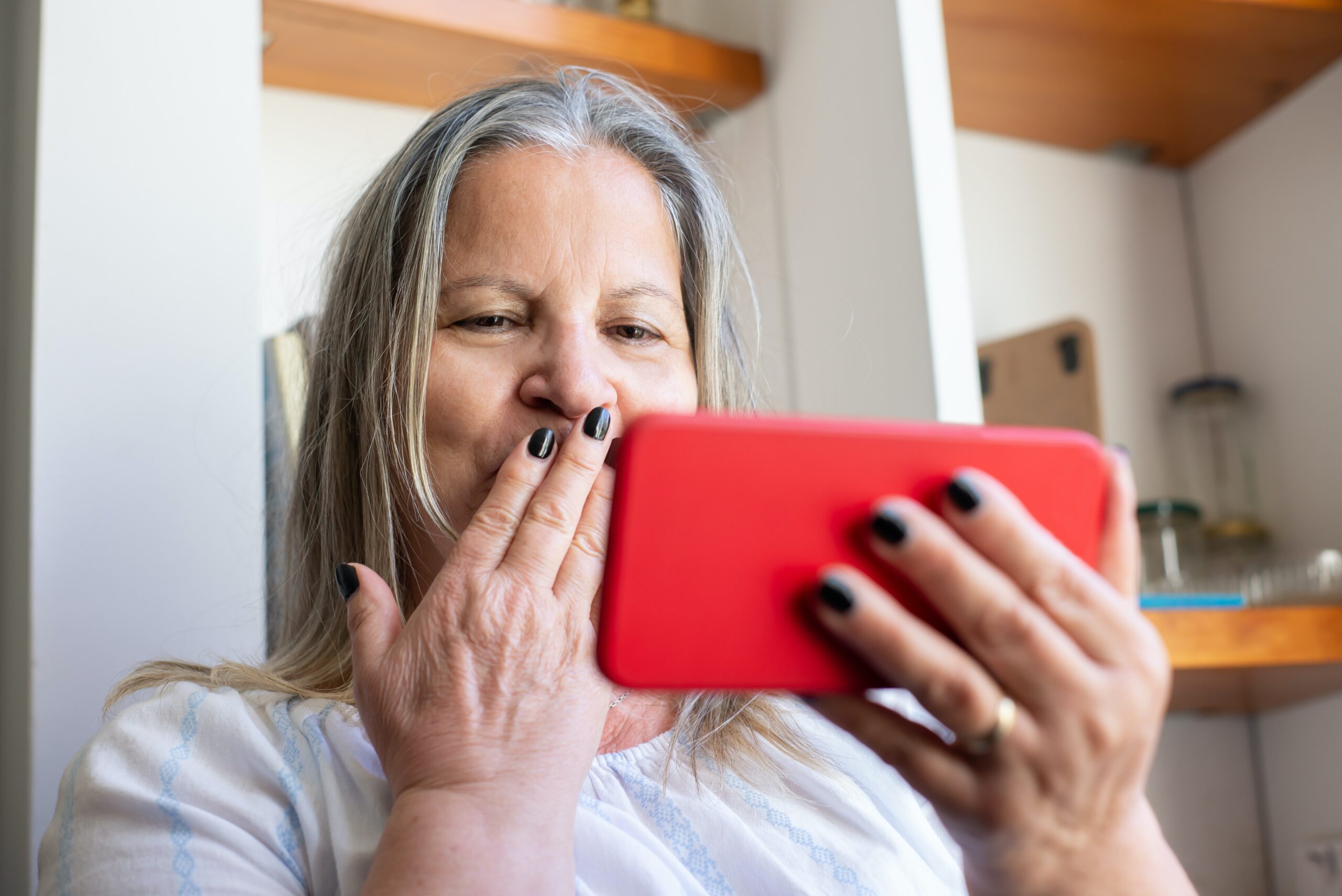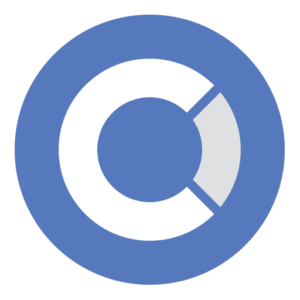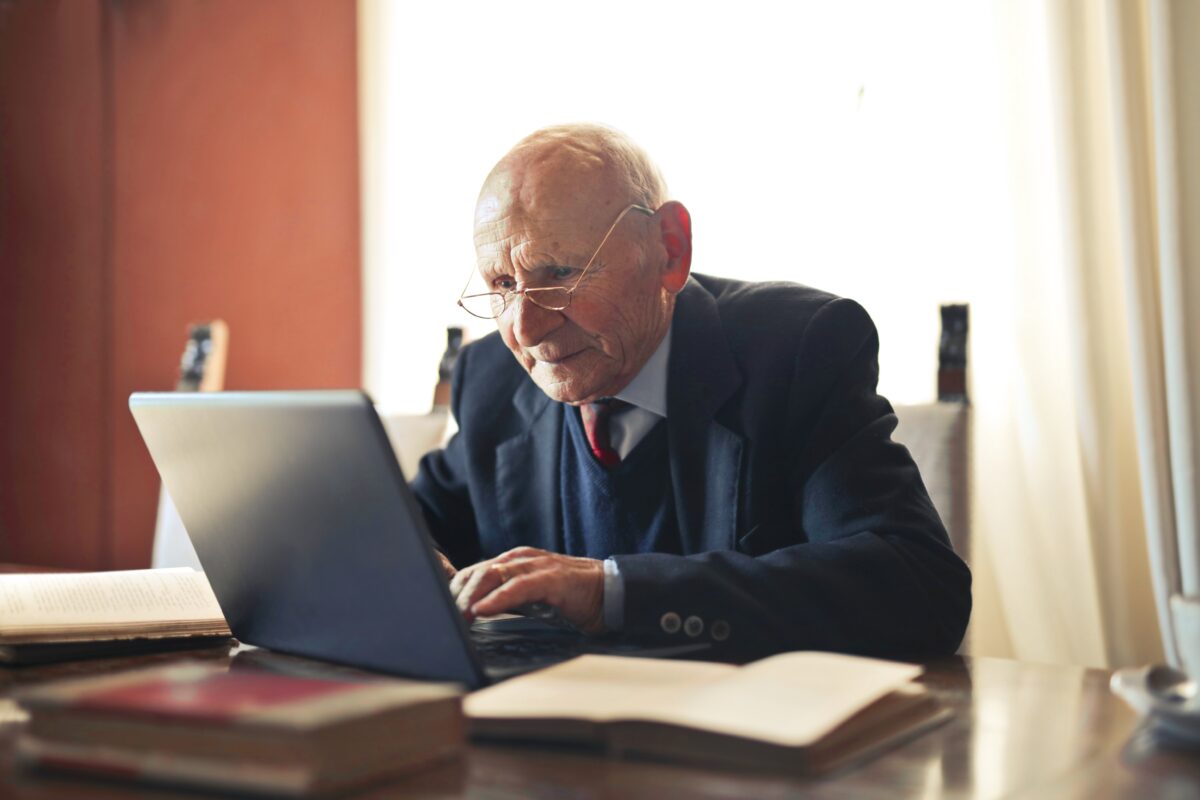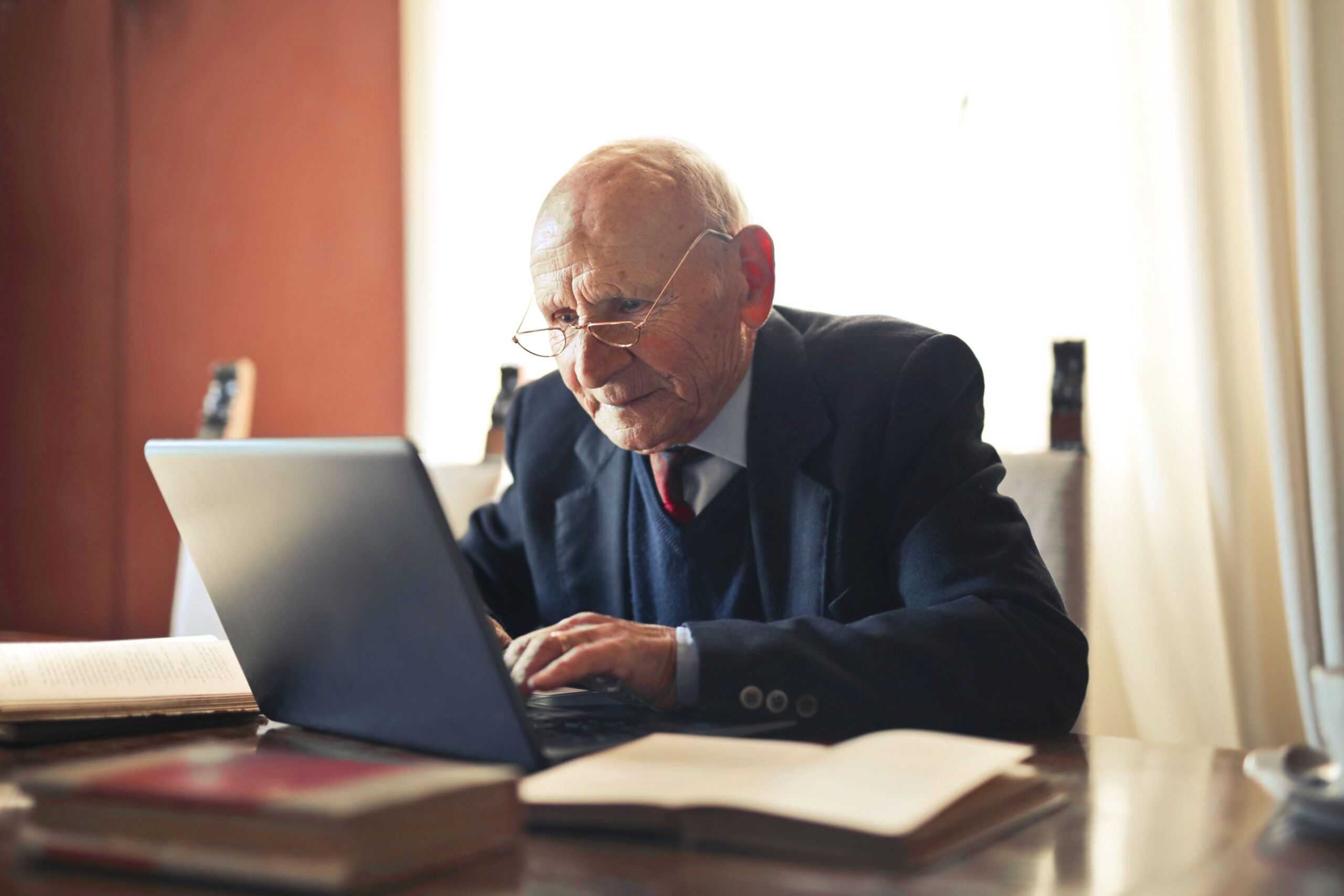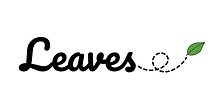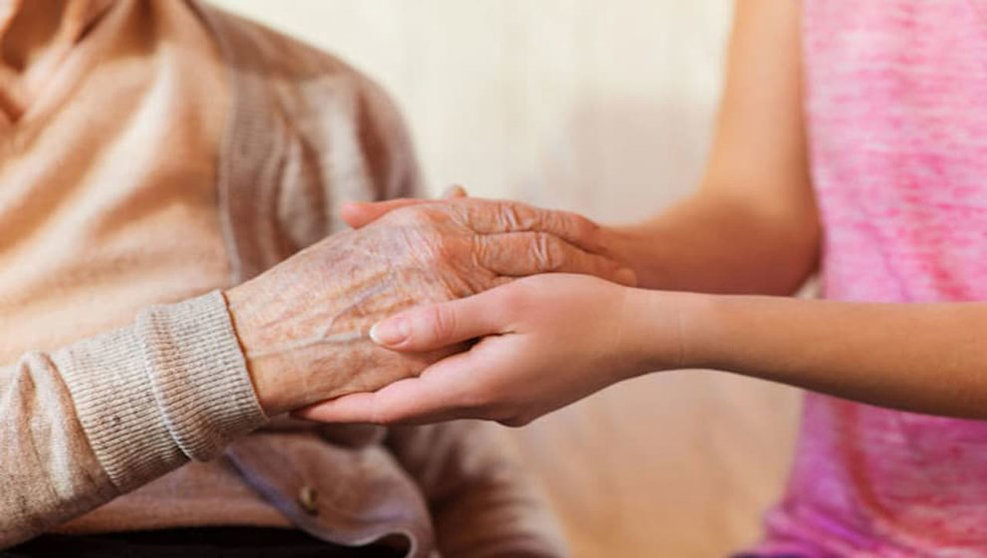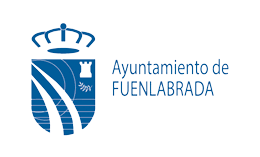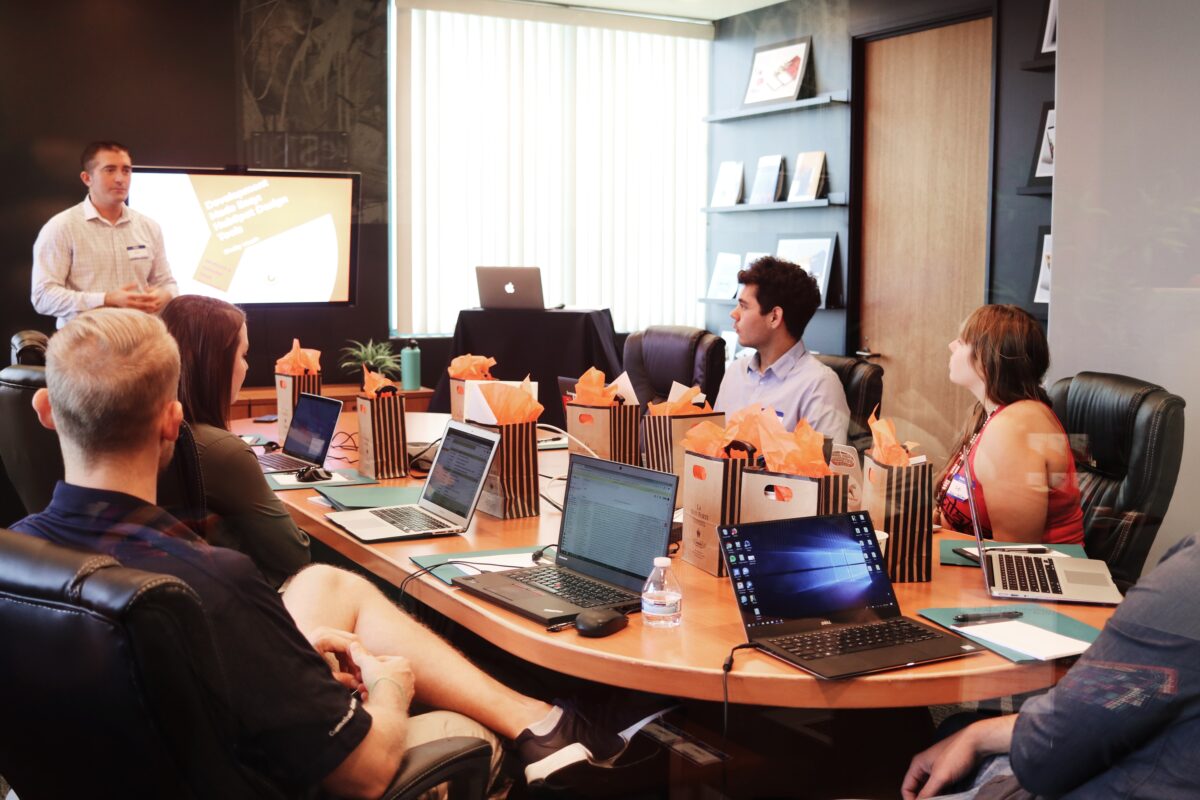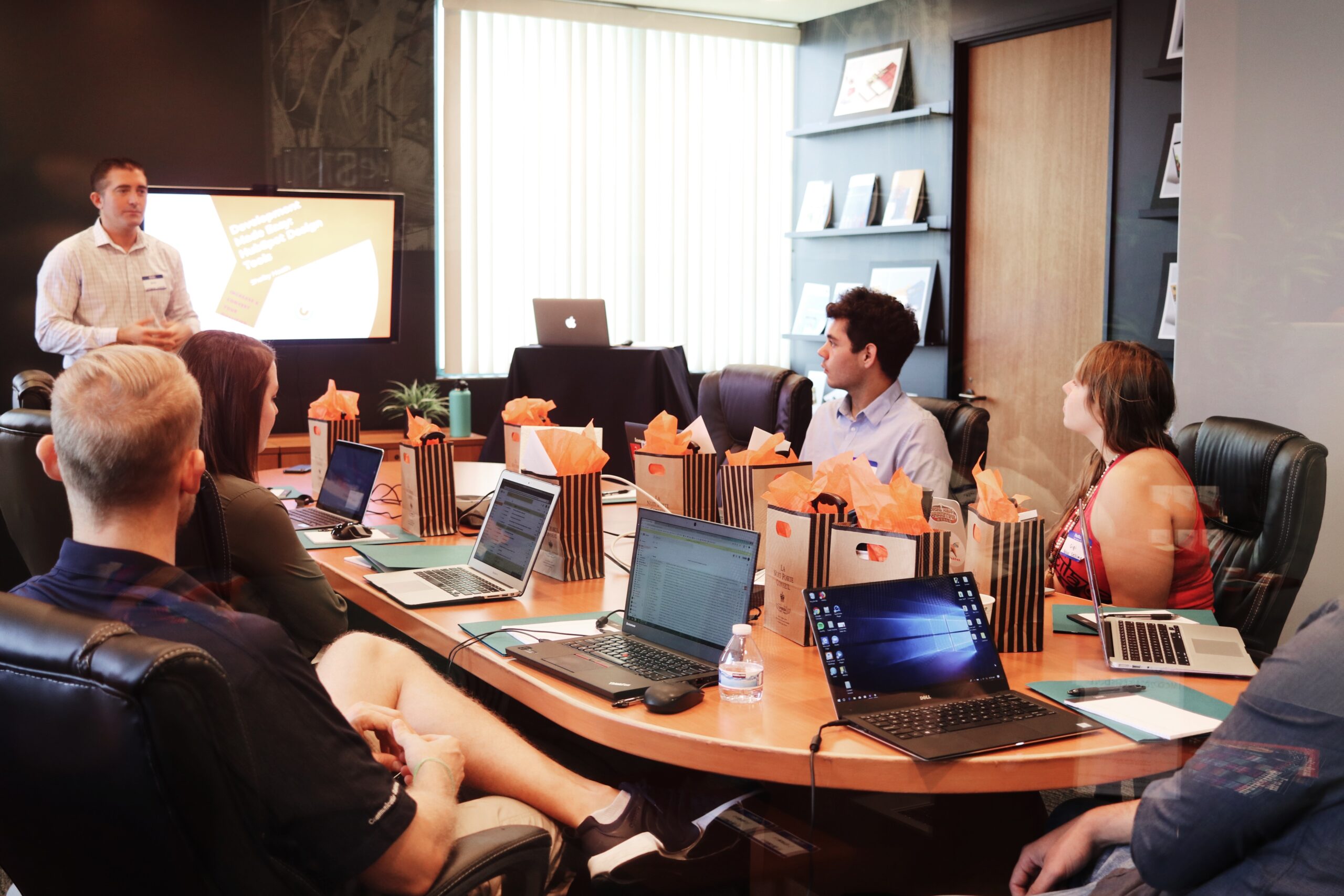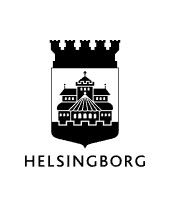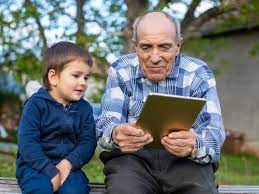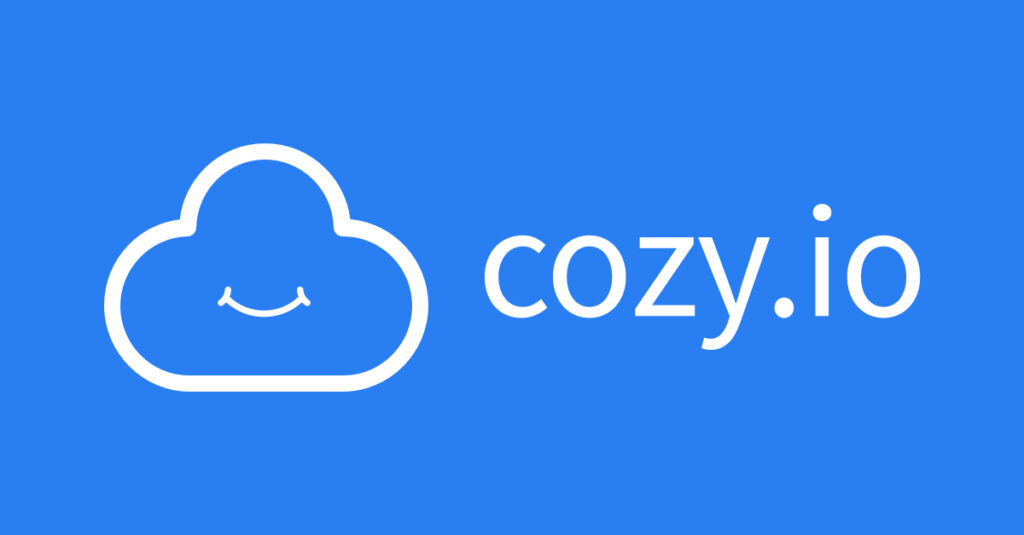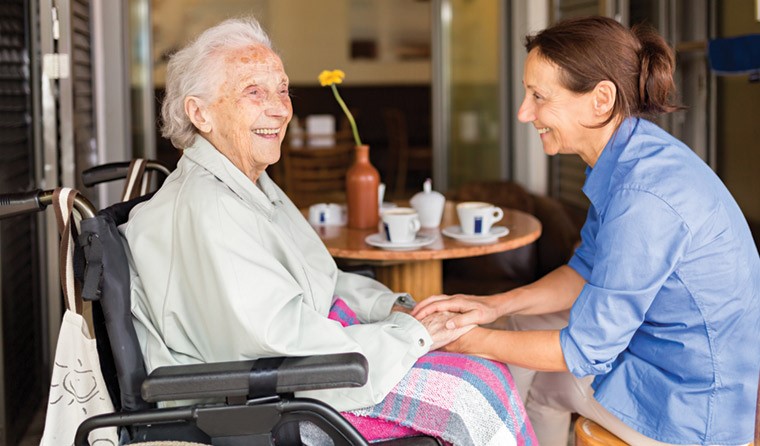Nagaya Tower, an intergenerational building to combat unwanted loneliness
Nagaya Tower, an intergenerational building to combat unwanted loneliness
Nagaya Tower, THEM
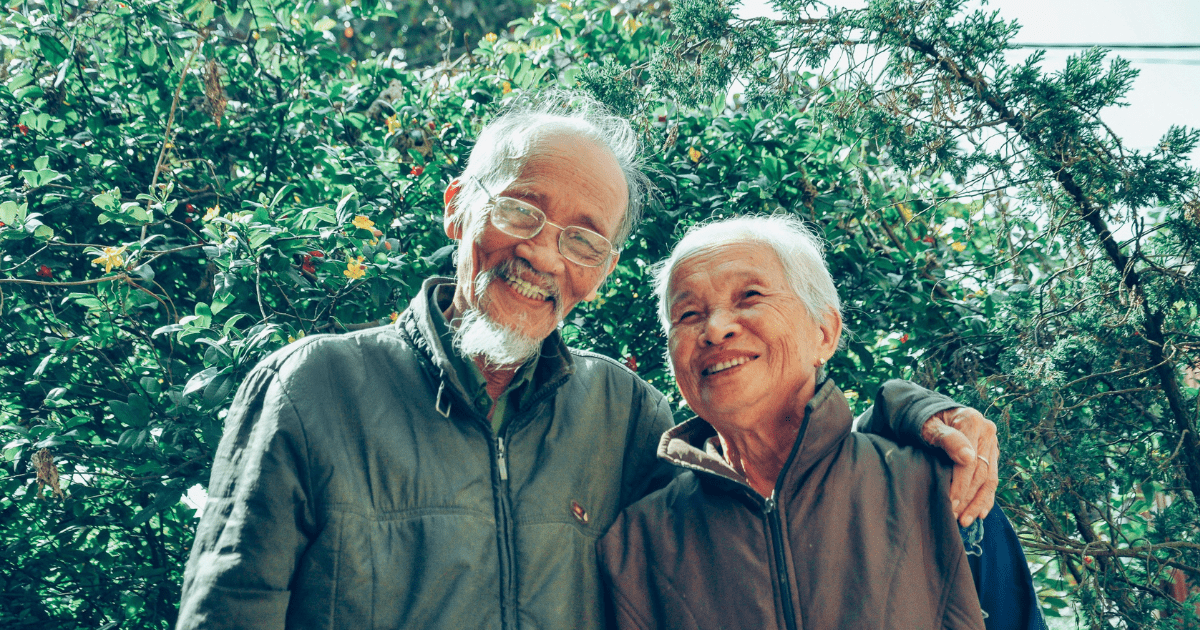
Community building that connects people of different generations to combat the feeling of loneliness
The Nagaya Tower has six floors and is designed in a V-shape to encourage residents to see each other when entering and leaving their homes. Additionally, the exterior balconies have no partitions. This way, homes are connected. On each floor, there are communal dining rooms and other spaces for interaction, such as areas for recreational activities or elevated gardens. All of this facilitates neighborly communication in daily life, although preserving each person’s personal space is also sought.
In this community estate, the majority of residents are over 70 years old, but there are also other generations. Younger residents receive rent discounts if they get involved in common tasks like changing light bulbs, moving furniture, or taking out the trash. Elderly residents place a magnet on the door of their home when leaving the residence so others are aware. Additionally, people requiring vital support can receive services in the same building. Furthermore, there is a room where adoptive families raise children who cannot live with their guardians.
This initiative aims to alleviate the feeling of unwanted loneliness, a phenomenon especially prevalent among the elderly and with a particular prevalence in significantly aging societies like Japan.
Localization
Kagoshima, Japan
Partners / Funders
Ministry of Land, Infrastructure, Transport, and Tourism of Japan
Genesis
The Nagaya Tower was created by Dr. Haruhiko Dozono, founder of one of the first palliative care clinics in Japan. There, he realized that most of his patients with mental deterioration suffered from social isolation and psychological loneliness, and they needed human interaction. In 2011, he decided to create a space where people in this situation could build community bonds among themselves. The construction of the building was completed in March 2013.
The building is inspired by old collective housing from the Edo period of Japan, which spanned from 1603 to 1867, where diverse individuals lived together in a shared compartmentalized house. Around a common well, they conversed while carrying out domestic tasks.
Level of implementation
The residents of Nagaya Tower assert that this intergenerational exchange makes them feel more accompanied and less lonely. According to data from the Ministry of Interior in 2023, 10% of Japan’s population is over 80 years old. Additionally, in 2023, the country broke its record of centenarians, with 92,000 individuals. In 2021, a Ministry of Loneliness and Social Isolation was established to address the issue.
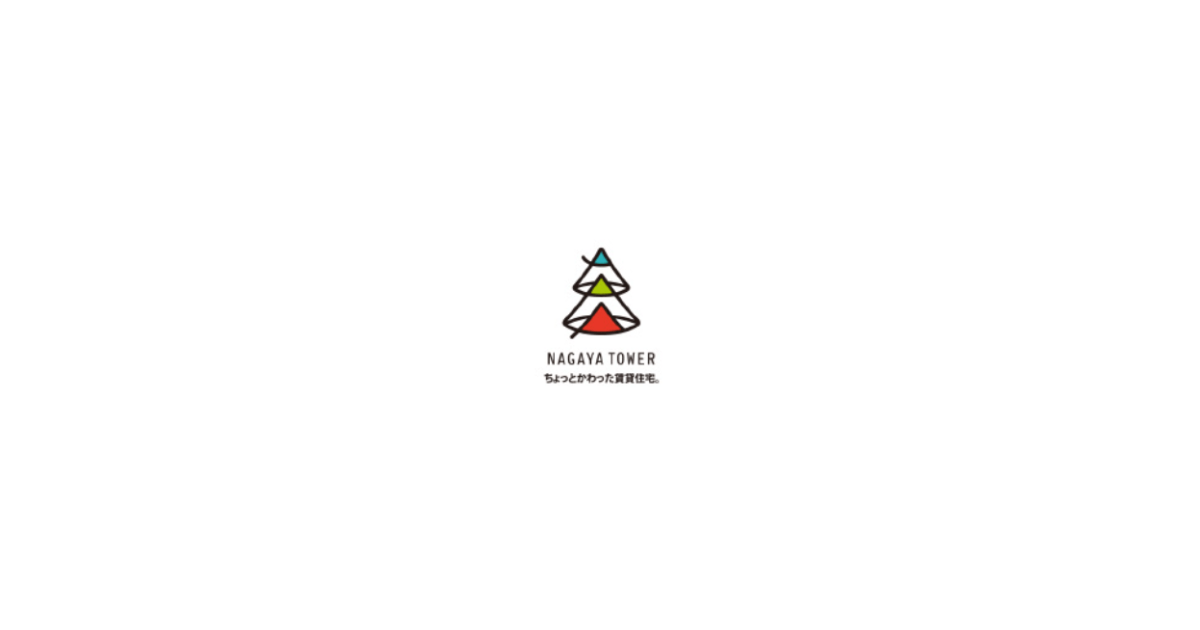
Banc d’innovacions

